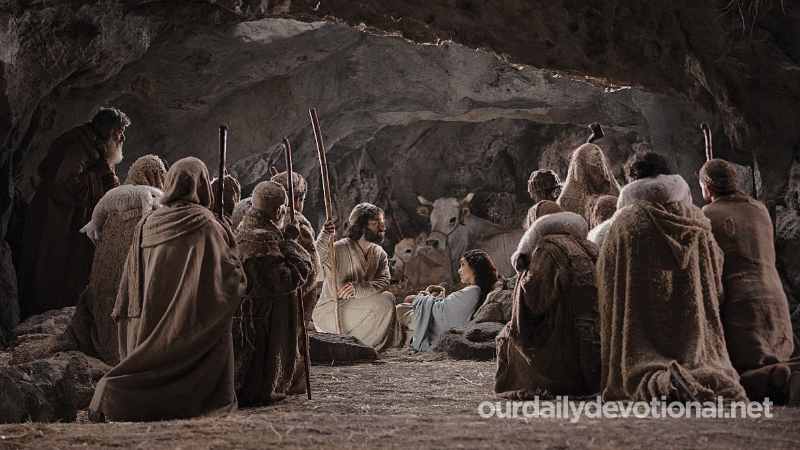(gr. "Aithiopia", "burnt by the sun"). A country that the Hebrews called Kûsh (Cush), is frequently cited in relation to Egypt (Ps. 68:31, 32; Is. 20:3-5; Ez. 30:4, 5; Dan. 11:43; Nah. 3:9), and sometimes with Libya or with the Libyans (2 Chron. 16:8; Ex. 30:5; 38:5; Dan. 11:43; Nah. 3:9).
It is a country in East Africa, south of Aswan, at the southern tip of Egypt (Ex. 29:10). These were, thus, the upper Nile basin, the Sudan, Nubia with Kordofan, and northern Abyssinia, an essentially desert country, although fertile in some places.
The rivers of Ethiopia (Isa. 18:1; Ps. 3:10) were probably the White Nile and the Blue Nile, the Atbara and the Takkaze.
According to Jb. 28:19, the topazes of Ethiopia were famous; its inhabitants, tall in stature (Is. 45:14), colored, undoubtedly black (Jer. 13:23), dedicated to trade, selling the products of their country to foreigners (Is. 45:14), and becoming rich with this traffic (Is. 43:3).
King Asa defeated the Ethiopians who, under Zerah, had invaded Judah (2 Chron. 14:9-14; 16:8).
An Ethiopian dynasty, the 25th, was established in Egypt.
Isaiah (Is. 20:1-6) and Zephaniah (Zephaniah 2:12) prophesied against Ethiopia, while the psalmist predicted that "Ethiopia will hasten to stretch out her hands to God" (Ps. 68:31; cp. 87:4).
This prophecy, which is evidently projected into the Millennium, had a first fulfillment in the conversion of the Ethiopian eunuch (Acts 8:26-40) and in the early evangelization of Ethiopia and Abyssinia.
Meaning of ETHIOPIA
(gr. "Aithiopia", "burnt by the sun"). A country that the Hebrews called Kûsh (Cush), is frequently cited in relation to Egypt (Ps. 68:31, 32; Is. 20:3-5; Ez. 30:4, 5; Dan. 11:43; Nah. 3:9), and sometimes with Libya or with the Libyans (2 Chron. 16:8; Ex. 30:5; 38:5; Dan. 11:43; Nah. 3:9).







